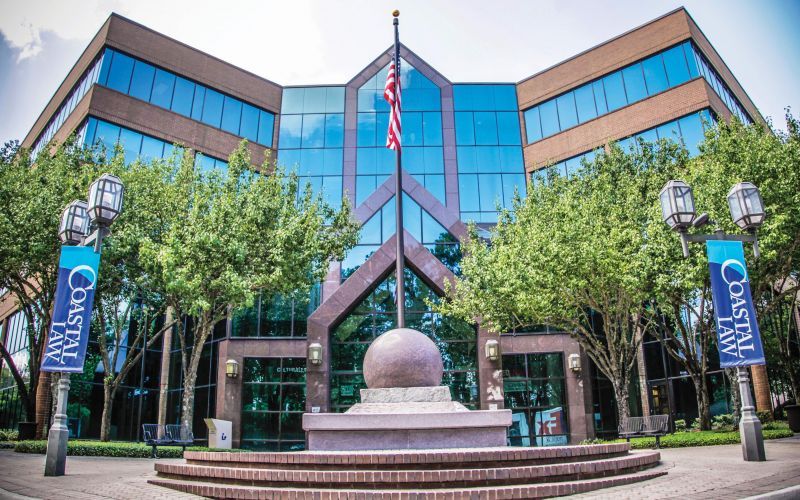Florida Coastal School of Law has been on something a roller coaster ride these past few years. Well, now it’s in the midst of a furious dip.
The Department of Education’s office of Federal Student Aid announced last week that the Jacksonville, Fla., school’s application to get federal student aid reinstated has been denied. If it stands, that means many students won’t have the means to pay for their schooling.
“Florida Coastal School of Law operated recklessly and irresponsibly, putting its students at financial risk rather than providing the opportunities they were seeking,” said Richard Cordray, the DOE’s federal student aid CEO. “Our commitment is to stand up for all students and ensure their institutions are held to the standards our students and communities expect and deserve.”
The move was a message from the Biden administration that it would not tolerate suspect for-profit institutions, the DOE said.
“Too often, we see for-profit schools that try to take advantage of students, misuse taxpayer dollars, and skirt the rules to participate in federal student aid programs,” Education Secretary Miguel Cardona said in a statement when the move was announced. “Today we want to be heard and understood by for-profit schools around the country: We will be vigilant in ensuring they meet their commitments to students, families, and taxpayers.”
Florida Coastal plans to appeal.
“I was perplexed by the ED’s decisions and disagree on many points they made in the letter and press release,” said Peter Goplerud, president and dean. “In quotes released by the ED, they called us reckless and irresponsible with the students’ futures which could not be further from the truth. Our students are the sole focus of everything we are doing and always have been. We are putting together the factual evidence of the successes of our graduates and will be going point by point to refute the ED’s claims.”
Florida Coastal is a for-profit law school owned by the Infilaw System, which is part of the private equity firm, Sterling Capital Partners. But the DOE said the equity firm gave up control of the school last month.
InfiLaw used to operate three for-profit law schools, but two of them — Arizona Summit School of Law in Phoenix and Charlotte School of Law in North Carolina — have closed.
The Charlotte demise was triggered in part by what’s now happening with Florida Coastal. It lost access to those federal student loans.
All three schools have had troubles with the ABA when it comes to maintaining accreditation. Charlotte and Arizona Summit had been put on probation. Florida Coastal had been sanctioned by the accrediting body for a number of slights, including poor academic support and suspect admissions policies. It has recovered, though, and is fully accredited.
However, the DOE order required that the school submit a teach-out plan to the ABA. It had done so, but that plan did not pass ABA muster. The school has resubmitted it.
Florida Coastal, which has 194 students, had tried to become a nonprofit school, but that move was also rebuffed by the ABA. School leaders said they submitted a second application.
In a news release, the school noted how its performance has gotten stronger of late:
“FCSL bar pass results in recent years have outperformed peer institutions in Florida. The February 2021 exam results released in March showed the law school graduates scored six points above the statewide pass rate and ahead of five of the 11 Florida law schools.”
At one point, there were six ABA-accredited for-profit law schools operating in the nation. Atlanta’s John Marshall switched to a non-profit model this year.
Charleston School of Law in South Carolina hopes to be a nonprofit soon as well. If it succeeds, that would leave Western State College of Law at Westcliff University in Irvine, Calif., as the only forprofit law school with ABA accreditation.







